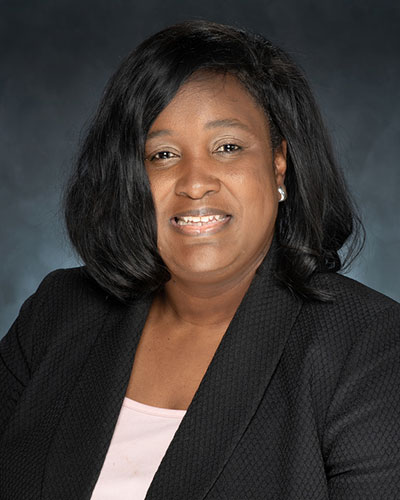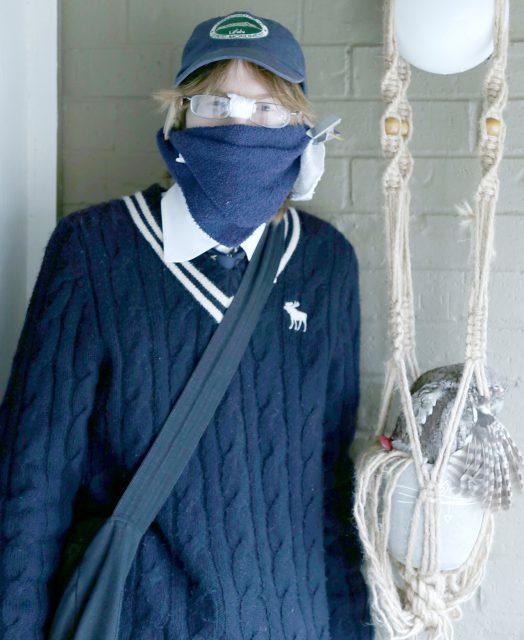By Kathryn Kelman/editor-in-chief
Following a yearlong planning process, Tarrant County College’s leaders identified three goals and eight principles that will lay the foundation for the college to better serve students.
The new goals will serve as the college’s overarching direction moving forward, and the principles will serve as the strategies for achieving those goals, said Chancellor Eugene Giovannini.
The three goals are for TCC to function as one college, be student-ready and serve the community.
“The big marker on all of this is that we will function as one college, meaning that students in the community will have a similar experience no matter which campus that they are on,” he said.
As for being a student-ready college, Giovannini said TCC will look to meet students where they are with what they have and work from there rather than expect students to be college-ready.
The third goal means TCC will continue to partner with groups to serve the needs of the community, he said.
“Those three goals should give to the individual, to the campus and to the overall college a direction in which to move as it relates to doing our work every day,” he said. “Now the eight principles, those were defined as kind of the ‘what’ things.’”
The eight principles are: the integrated student success model, student experience, integrated instructional/learning environments, learning commons, high schools, scheduling and facility utilization, campus character and quality and workspace environments, according to the college’s website.
The goals and principles were not identified by Giovannini, he said, but by the college after the completion of the yearlong visioning process.
“They didn’t come personally from me,” he said.
During that process, TCC worked with a national consulting firm last year to hold 25 “visioning” sessions across all of the campuses and district offices. Input from over 450 college participants was then compiled, and the three goals and eight principles were identified.
“For about a three-month period, we really entrenched ourselves in these visioning sessions to hear from folks related to the future of the college,” he said. “And really, what folks were saying is these are the essential topics the college must address to better serve our students.”
The 450 participants consisted of faculty, staff and administrators from every campus as well as the district office, he said.
“So we sat down as an organization to look at our future and asked, ‘How are we going to serve our students? How are we going to serve the community?’ and this was the product,” said Giovannini, who took over as chancellor in August 2016.
At the board of trustees meeting Jan. 17, executive vice chancellor and provost Elva LeBlanc said the goals and principles will strongly influence TCC moving forward.
“Everything that we do is related to the three goals and eight principles,” she said.
The next step is to refine the eight principles as the college looks to launch them. Giovannini said each principle will be addressed and championed by a campus president who will lead the work from a “one-college focus.”
“Meaning when they [the champions] begin addressing the principles, representatives from all the campuses will be involved to make sure that whatever is recommended serves the needs of all our campuses,” he said.
An example of this is that the college created a set final exam schedule, starting in May across all of the campuses, Giovannini said. This fixes the problem of students potentially having finals at the exact same time on different campuses.
One of the first two principles the college will address is the integrated instructional/learning environments principle, which will look to accommodate additional learning experiences like experiential and active learning environments into the classroom to better support students’ learning needs.
The other principle is learning commons, which will look to foster greater student engagement in dynamic and flexible environments. Libraries, specifically, will undergo changes and will become more about supporting learning activities.
Those principles were chosen not because of any deficiencies in those areas, but because those are the principles that reflect TCC’s core business: teaching and learning, Giovannini said.
NW Campus president Zarina Blankenbaker is the champion for the integrated instructional/learning environments principle.
Blankenbaker defined the role of a champion as the advocate for a principle.
“Just as the name describes, it is to set the tone of the possibilities of what we can achieve,” she said.
Blankenbaker noted that TCC is 50 years old, so the college is not new to teaching students or creating an ideal learning environment.
“Through our visioning sessions, we recognized that there may be gaps,” she said. “As a culture of continuous improvement, we always want to be better at what we do. So it is within that spirit that we know that we can always improve and that we can get from good to great.”
Blankenbaker said the champions are creating an inclusive and deliberate environment to improve the college.
“And so as we launch the eight principles, we are gauging where we are and determining where we need to be,” she said.
The college hosted a Learning Symposium Jan. 9 regarding the first two principles. Then advisory groups met Jan. 23 to review the data collected.
“It [the data] will help us determine next steps because we want to truly listen to the voices of our faculty and staff,” Blankenbaker said.
The process will be fluid and patient, she said.
“We’re not in a rush because we do want everyone to feel that they are part of the process and have our encouragement to do their best thinking,” she said.
No timelines or deadlines exist for implementing the goals and principles, Giovannini said.
“As we do this, we will carefully consider which ones to address next after these two,” he said.
Giovannini said he is excited that they are now carrying out this master plan.
“I think it’s really going to chart the future for the college,” he said. “I feel really good about the process, and I’m looking forward to it going out.”








































